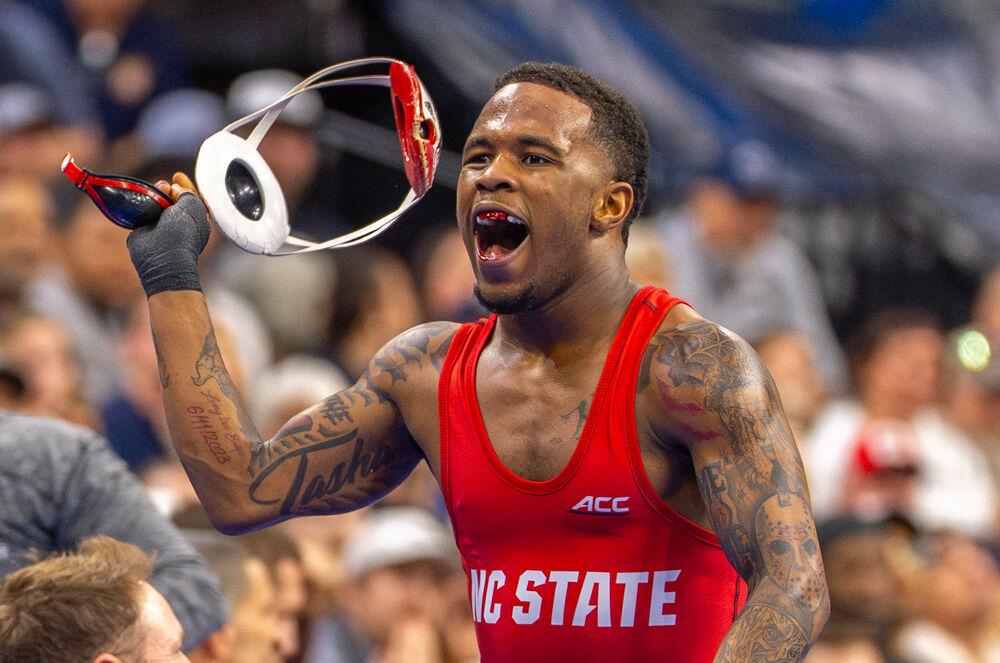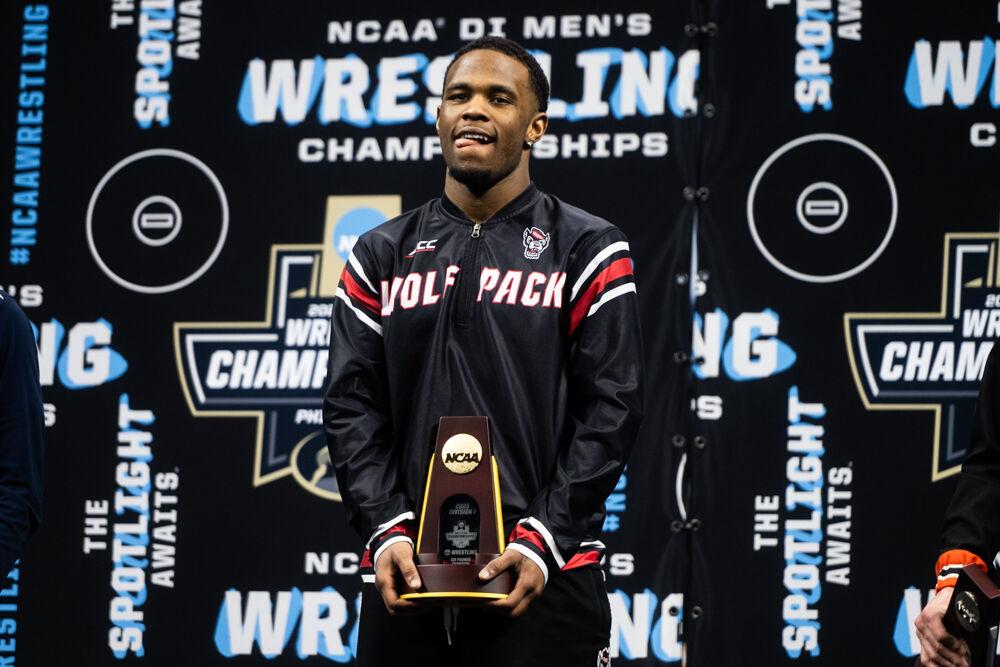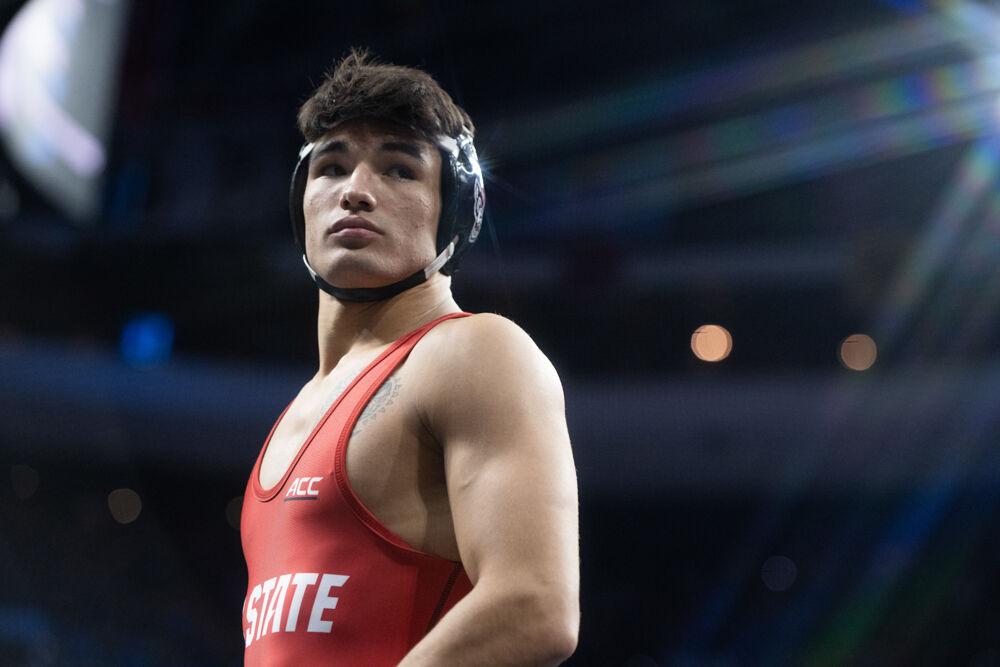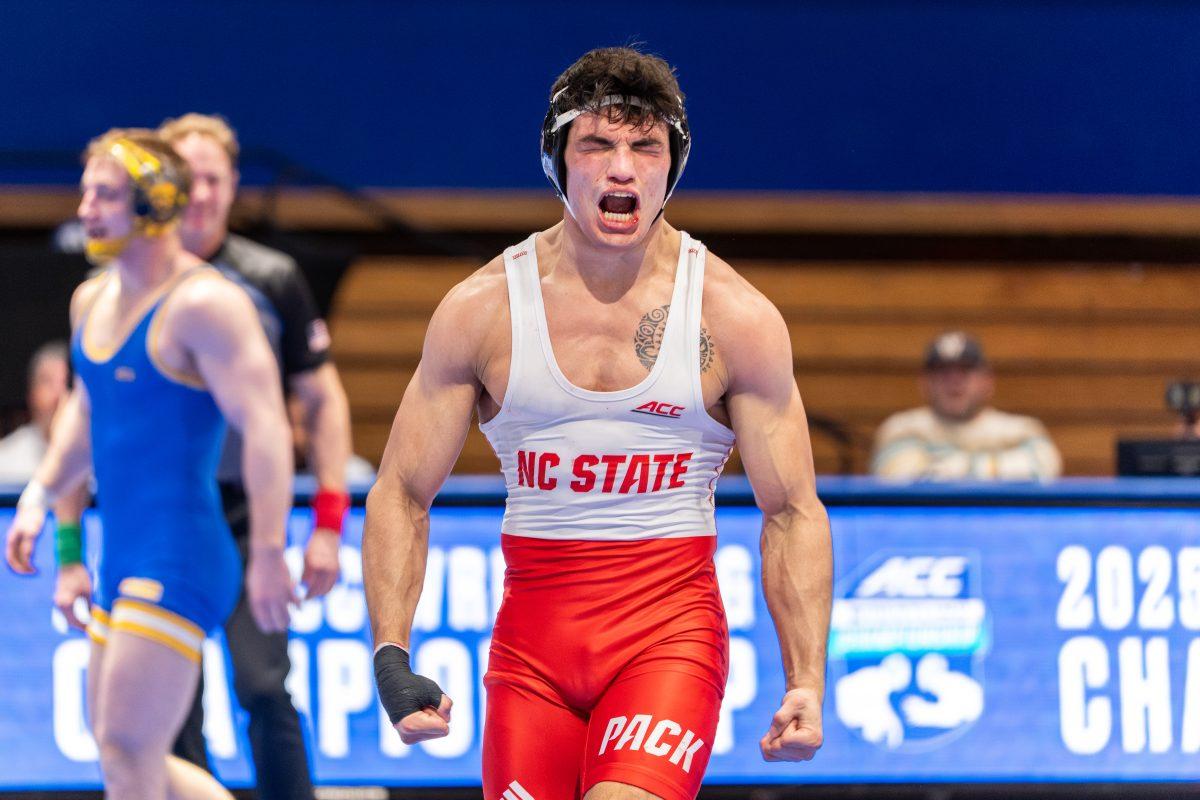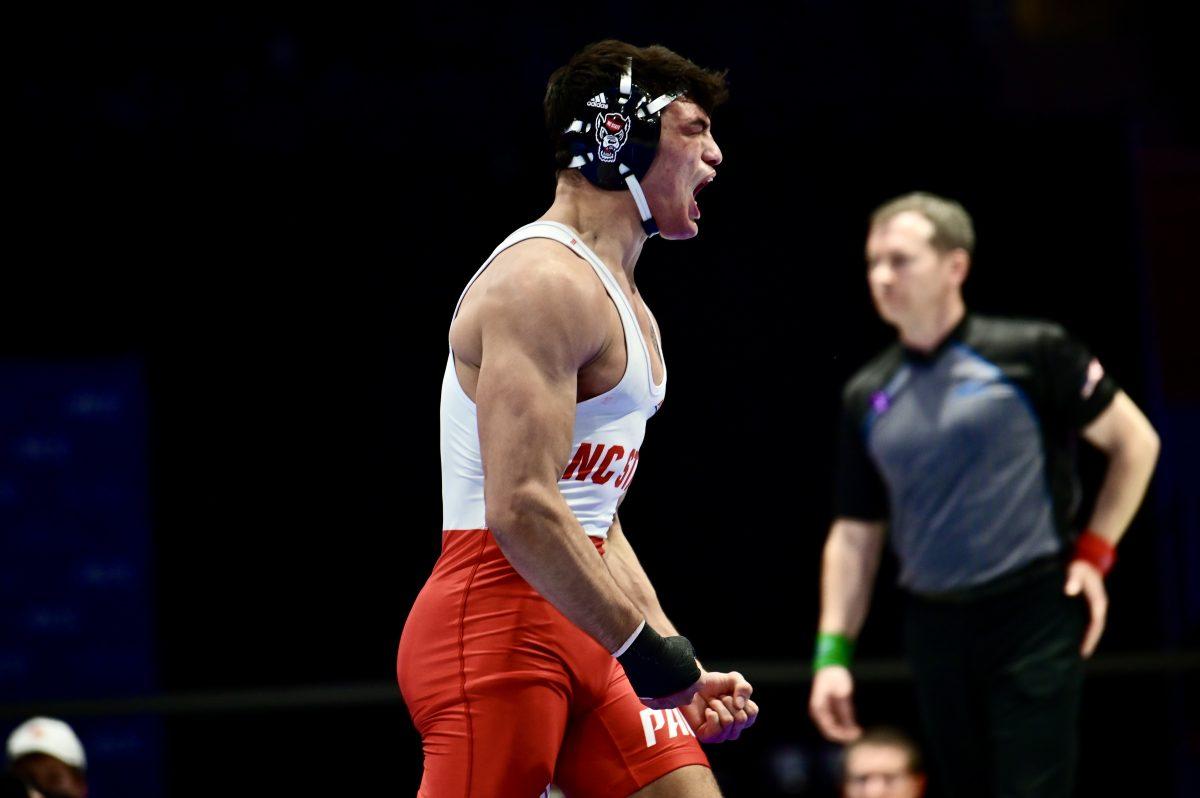Some amateur athletes may not be allowed to represent their countries in the Olympic Games ever again.
On Feb. 12, the International Olympic Committee moved to remove freestyle wrestling—the oldest and most popular sport globally in the modern Olympic Games—from its 2020 Olympic lineup.
The sport is joining seven other sports fighting for inclusion in the 2020 Olympics, including baseball, softball and karate. The IOC will propose a new sport in May, with the final vote coming in September.
One of the believed reasons for wrestling’s potential removal from the games is its drop in commercial appeal with the rise of professional athletes competing in the games.
“We do it because we love it. Nowadays it’s so commercial,” said Mike Koob, a former two-time ACC Champion and All-American at N.C. State. “Our [1992 basketball] Dream Team—and I know people love to watch us kick the crap out of everyone else—but these are pro athletes. These guys are going to go out and make millions of dollars.”
The IOC is also considering changing the rules of the sport. Rule changes to elevate viewership would constitute a change in the overall culture of the sport, Koob said.
Jamill Kelly, an assistant coach for N.C. State’s wrestling team, was one of the few able to compete on the sport’s highest level. He earned a silver medal in freestyle wrestling at the 2004 games in Athens. He was undefeated in his 66-kg pool and fell to the Ukraine’s Elbrus Tedeyev in the gold-medal match.
“It was the greatest experience I’ve ever had,” Kelly said. “Just to be able to compete and walk along the best athletes in the U.S. and the world—and being able to compete on the highest level on the highest stage—was the greatest feeling I ever had.
Kelly disagrees with wrestling’s removal because it is one of the only purely amateur sports left in the Olympics.
“To take that away is definitely just something that doesn’t make sense,” Kelly said. “It takes away the essence of the Olympic Games in my opinion.”
Its removal could also have implications on collegiate athletic departments, according to Kelly.
“We’re an Olympic sport,” Kelly said. “When you take it out of the Olympics, obviously it’s going to be a lot harder for some athletic directors to feel the need to keep the sport around if it’s one of the ones that’s on the bubble to be potentially dropped.
“I’m hoping that won’t be the case,” Kelly said. “I’m hoping that it has a strong enough base in the United States and can stay around. It definitely does have big concerns.”
Koob, currently a high school wrestling coach, said the elimination of the sport from the Olympics could also be a catalyst in a decrease in interest from high school athletes. He said many of his wrestlers are gravitating to mixed martial arts instead of traditional wrestling.








